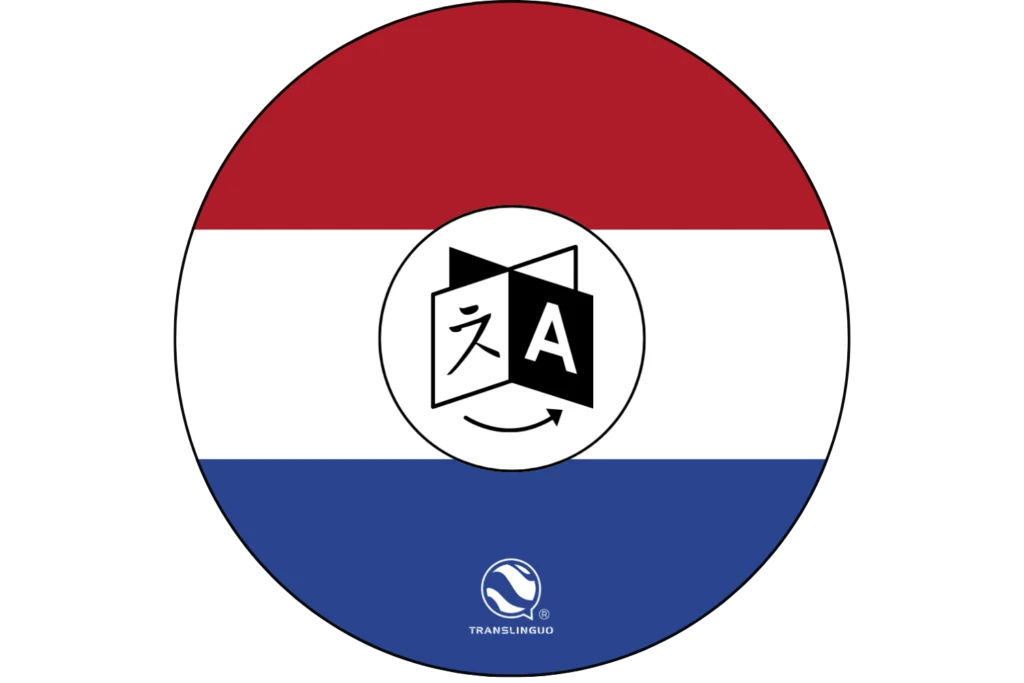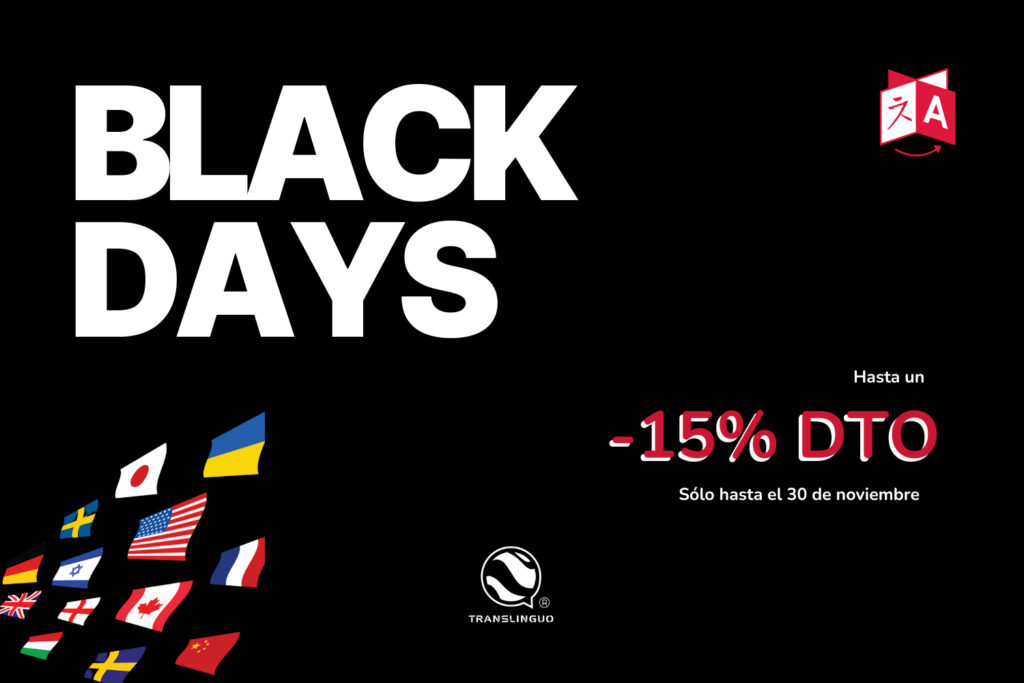Dutch translation
At Translinguo Global, we specialise in providing professional Dutch translation services, guaranteeing the highest quality and accuracy in every project. As an internationally experienced Dutch translation company, we know how important it is to preserve the intent and tone of the original text when translating to or from Dutch.
We provide professional Dutch translations for all types of documents. We have the best Dutch translators, qualified and native speakers. Translation from and into Dutch at the best rates per word.
Dutch Professional Translation
Quality Assurance
ISO Certifications
More than 10+ years of experience in the industry
Dutch Native Translators
Dutch Translation Services
We have a team of highly skilled, native Dutch translators who ensure that each translation is accurate and culturally appropriate. Whether you need a Dutch translation for legal documents, business texts or digital content, or a Dutch to Spanish translation, our experts are prepared to deliver exceptional results; among other language combinations.
Types of Dutch Translation
Our native Dutch translators are meticulously selected to ensure excellence in every project. Each translator on our team is not only an expert in the language, but also has experience in different sectors, allowing them to adapt translations to the specific terminology of each industry.
Translation of Dutch texts
We convert your texts from Dutch into any language, maintaining the tone, style and context of the original document. Our aim is that the translation faithfully reflects the message of the source text.
Official Documents Translation
Official Dutch translation service. Ideal for all types of documents. Dutch to English translation or English to Dutch translation among other combinations.
Dutch Sworn Translation
Professional, certified Dutch sworn translators are available for your German documents. Sworn Dutch translations and sworn Dutch translations.
Translation of Texts into Dutch
If you need texts translated into Dutch, our team is ready to deliver high quality results, respecting the linguistic and cultural particularities of the language.
Dutch Technical Translation
Ideal for manuals, technical specifications and specialised documents. With our native Dutch translators, we ensure the highest level of accuracy.
Dutch Marketing translation
Our translators understand the importance of tone and style in marketing materials, so we make sure your message comes across with the same strength and clarity in Dutch.
Dutch Literature Translation
Our Dutch literary translation is ideal for books, articles and other literary content. Thanks to our native German translators we ensure maximum detail.
Dutch Website Translation
Expand your presence in the Dutch market with a professional translation of your website. We ensure that the content is culturally relevant and appealing to Dutch users.
Our customers
More than 1000 clients are multilingual thanks to our translation company.
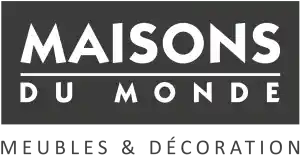
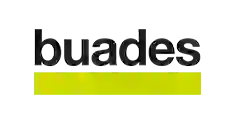
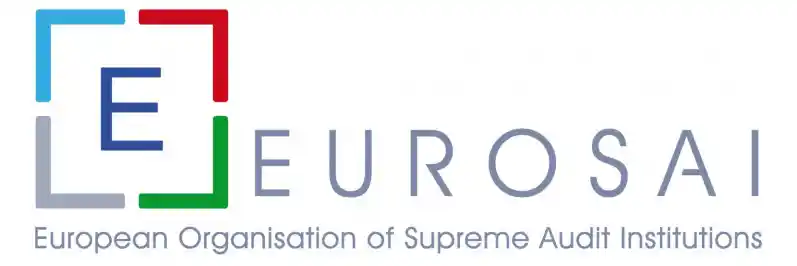
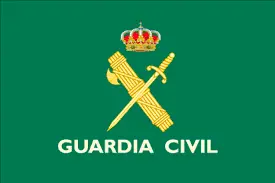
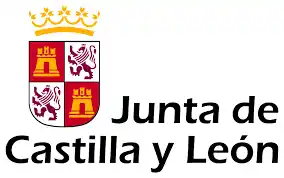
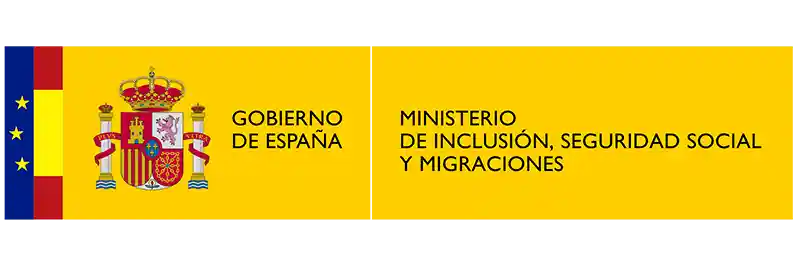
Dutch Translation Company
At Translinguo Global, we are ISO certified, ensuring that our Dutch translation services meet international quality standards. Not only do we offer Dutch translation services, but we also cover a wide range of languages, helping you to communicate effectively anywhere in the world.
At Translinguo Global, we understand that every translation project is unique. That’s why we offer a wide range of Dutch translation and Dutch translation services to suit your specific needs.
Urgent Dutch Translations
We provide urgent translations of Dutch documents or translations into Dutch by native translators.
Dutch translators
All of our professional Dutch translators are native speakers and experts in different subject areas, ensuring accurate and culturally appropriate translations.
Best rates per Dutch word
We have a transparent and competitive German translation rate, tailored to the needs of each client.
Quality Assurance
With our ISO Certificates, we guarantee a top-quality Dutch translation for every project.
What our customers say
EXCELENTETrustindex verifica que la fuente original de la reseña sea Google. Genial . Rápido y muy profesionalPublicado enTrustindex verifica que la fuente original de la reseña sea Google. He quedado muy contenta con el servicio. Todo fue rápido, claro y sin complicaciones. Me atendieron Riccardo y Alba y la verdad es que fueron súper amables y profesionales en todo momento. Me hicieron el proceso muy fácil. Sin duda, volvería a contar con ellos. ¡Muy recomendable!Publicado enTrustindex verifica que la fuente original de la reseña sea Google. Cannelle es super simpática y te atiende genial, he recibido la traducción en poco tiempo!! Recomendable!Publicado enTrustindex verifica que la fuente original de la reseña sea Google. Job well done and I recommend their service.Publicado enTrustindex verifica que la fuente original de la reseña sea Google. Fui atendida por Riccardo y Alba, excelente servicio, atención inmediata y el cobro muy adecuado. Me encantó.Publicado enTrustindex verifica que la fuente original de la reseña sea Google. 100% recomendable. Solicité una traducción jurada (del alemán al español) y la recibí en formato PDF a los 3 días, solicité también el formato impreso que me llegó unos pocos días más tarde. Empresa seria con fácil y rápida comunicación vía mail.Publicado enTrustindex verifica que la fuente original de la reseña sea Google. Muy satisfechoPublicado enTrustindex verifica que la fuente original de la reseña sea Google. It was such a nice experience to work with Translinguo. The files came earlier than expected without any issue. Would highly recommend!Publicado enTrustindex verifica que la fuente original de la reseña sea Google. Amazing service! Very professional and efficient team!
Dutch translators
Our Dutch translation service starts with an initial assessment of your needs and requirements. We then assign your project to the most appropriate Dutch translator or team of professional Dutch translators for your type of document and target language.
Throughout the process, we maintain open and direct communication to ensure that any adjustments or feedback are handled efficiently.
Rates for Dutch Translation
The rate of a Dutch translation or translation into Dutch varies according to the type of document, number of words, languages involved, complexity of the text, deadline and special requirements. However, at Translinguo Global we have the best rate per word on the market.
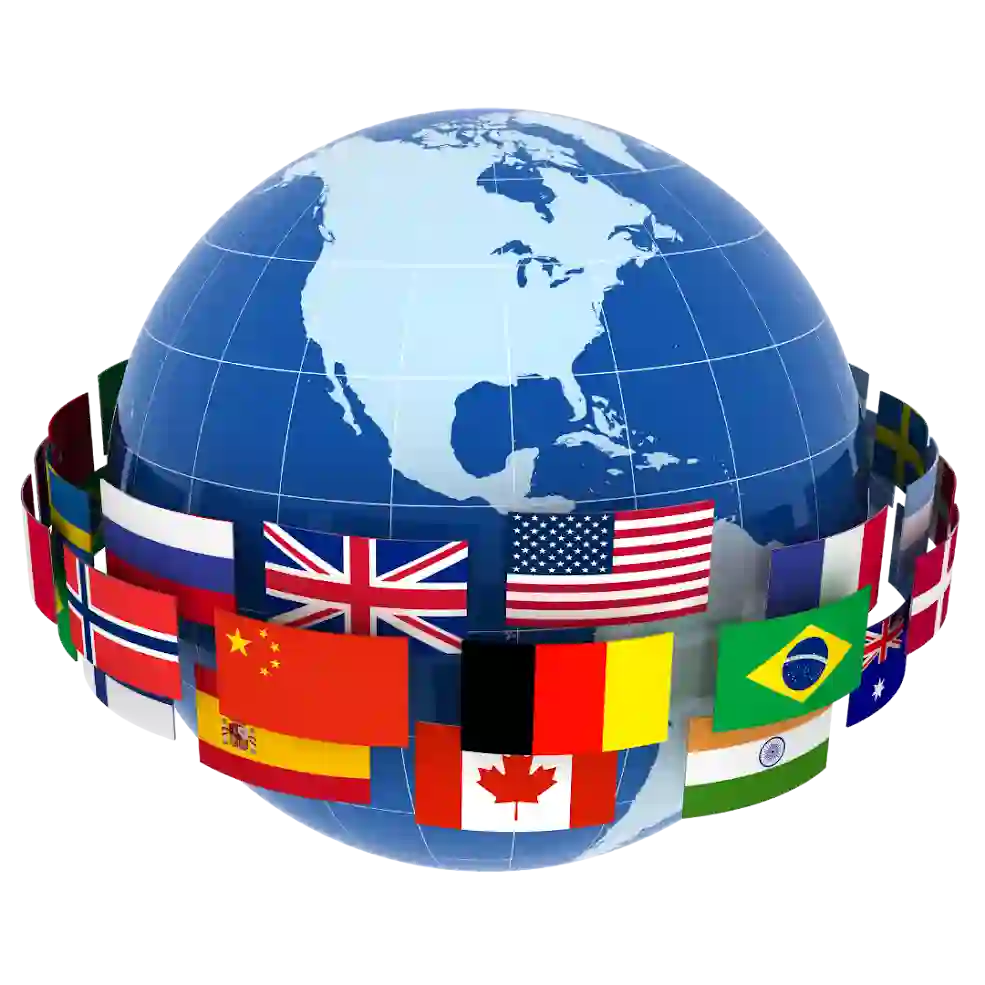
Frequently asked questions about Dutch translation
What is the rate for a Dutch translation?
The price for Dutch translation varies according to the type of document, its length and the urgency of the service. You can request a personalised Dutch translation quote on our website.
How long does a professional Dutch translation take?
Turnaround times vary depending on the volume and complexity of the text. However, at Translinguo Global we work to offer fast turnaround times without compromising quality.
How do you guarantee the quality of the translation?
Our highly qualified and ISO-certified official Dutch translators ensure that each translation is accurate and of high quality.
Do you offer sworn translations from Dutch?
Yes, we provide sworn Dutch translations for documents requiring official certification.
What types of documents can you translate into Dutch?
We can translate any type of document, from legal contracts and medical documents to websites and marketing materials.
Our Dutch translation services include official Dutch translations, technical document translations and website translations into Dutch.
Why use a Dutch translation agency?
By using a Dutch translation agency such as Translinguo Global, you will not only get the best rates per word for Dutch, but you will also be able to count on a guarantee of quality thanks to our 10 years of experience and our team of native Dutch translators.
What language combinations do you offer for Dutch translation?
At Translinguo Global, a Dutch translation company, we offer a wide range of language combinations thanks to our native translators. Dutch to English translation and English to Dutch translation are particularly popular. However, translation services from English to Dutch or Dutch to English are also in great demand.
Dutch Translation Quote
Request your free Dutch translation quote. Send us your file and we will get back to you within 24 hours.
